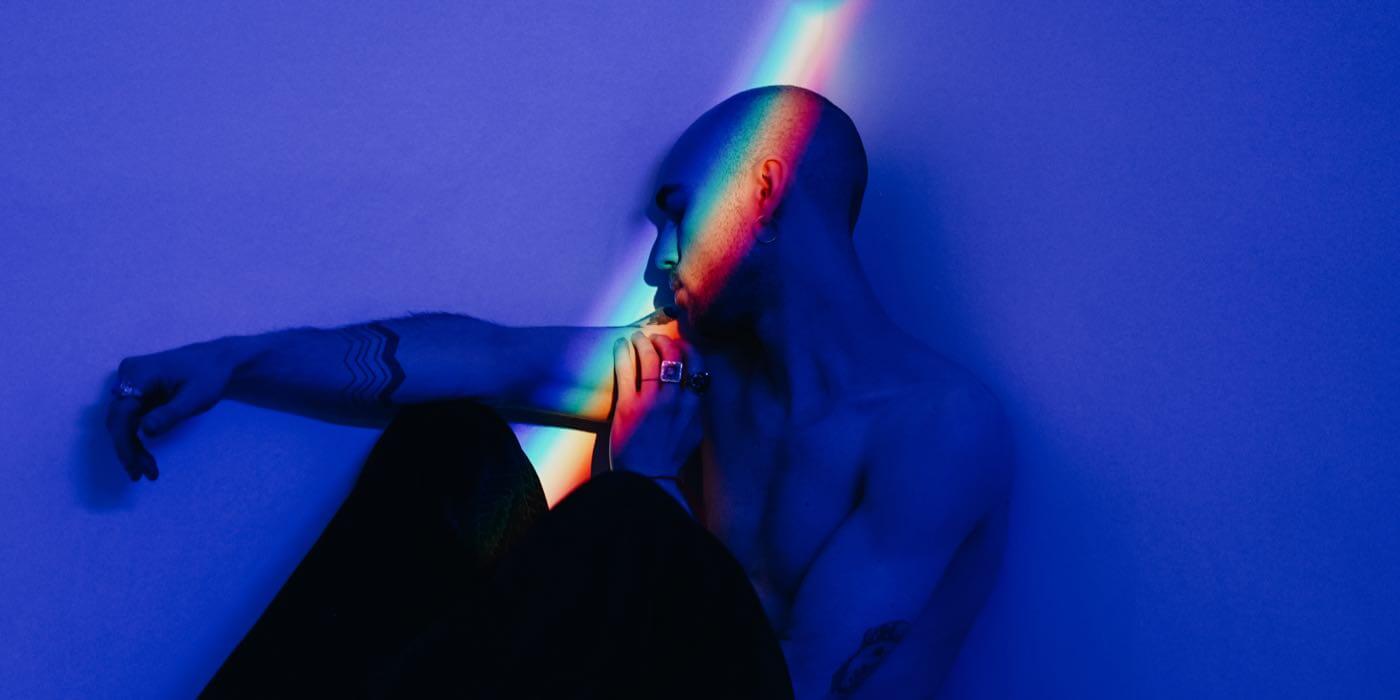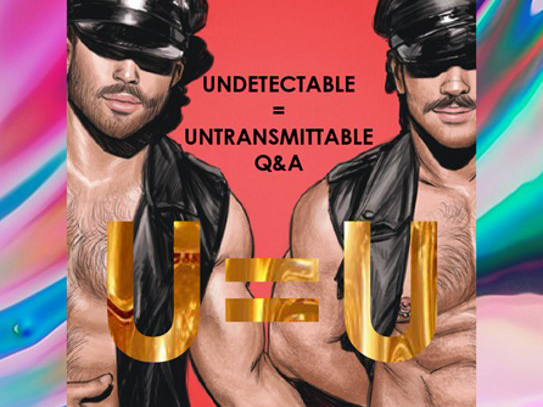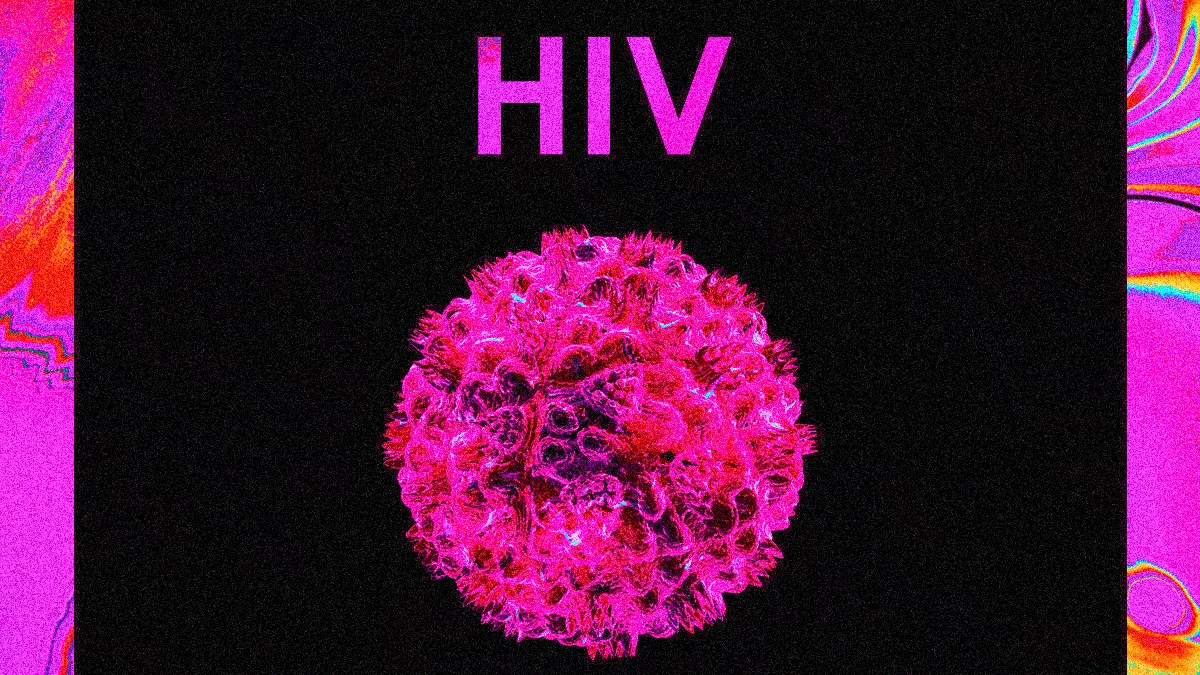
COVID-19 & LGBTIQ+ People
14560
COVID-19 & LGBTIQ+ People
Written by Dr.Deyn Natthakhet Yaemim, 24 November 2020
Medically Reviewed and updated by Dr.Deyn Natthakhet Yaemim, 8 March 2021
Photo Credit: Nick Wignall
Everyone is impacted by COVID-19—but just like in everyday life, LGBTQ people face unique challenges. According to the Human Rights Campaign, 40% of LGBTQ Americans work in industries directly impacted by the crisis. In the general population, that number is 22%.
More than five million LGBTQ adults are either exposed to COVID-19 at their job, out of work, or facing a significantly changed job. LGBTQ people are also less likely to have health insurance. This might make them hesitant to seek care even if they become ill with symptoms of COVID-19.
22% of all LGBTQ adults and 40-45% of Black and Latinx transgender adults live in poverty. This means lack of access to preventative care. When you can’t afford a doctor, you have a higher likelihood of developing other health problems. Those health problems put you at risk of becoming severely ill from COVID-19. LGBTQ people—particularly queer men and transgender women—are also more likely to have HIV.
The CDC lists HIV, especially untreated, as one of the chronic illnesses that may put people at higher risk for severe illness with COVID-19. And smoking, because of its effect on the lungs, is also a risk factor. 37% of LGBTQ people smoke, compared to 27% of non-LGBTQ people.
Among LGBTQ people, LGBTQ youth and older adults face specific problems. LGBTQ minors are 120% more likely to experience homelessness than their non-LGBTQ counterparts. People experiencing homelessness are more likely to be exposed to COVID-19; they don’t have a safe environment to shelter-in-place. Homeless shelters are often crowded and cramped, increasing chances of the virus spreading.
Youth experiencing homelessness may also rely on food services from public schools that are now closed. LGBTQ youth who are in homes may still be in an unsafe environment. They might be living with a parent who uses homophobic or transphobic slurs. They may have family members who call them by the wrong name or use the wrong pronouns. As most states have enforced some level of social distancing, LGBTQ youth may be stuck in an environment that is emotionally or even physically abusive.
LGBTQ older adults have faced years of compounded discrimination that may leave them in a financially insecure retirement. LGBTQ retirees are also twice as likely to live alone and four times less likely to have children. This means that if they get sick, they may not have anyone to take care of them. As many have heard by now, older adults are at higher risk of getting seriously ill from COVID-19.
As LGBTQ people face the serious challenges mentioned above, there may be more LGBTQ people struggling with substance use or mental health crises. Our healthcare system should be educated about the unique needs of LGTBQ people. They should be trained to give compassionate and informed care. If you are an LGBTQ person struggling with a substance use or co-occurring mental health disorder, there is help and hope.

Add us on Line and stay in touch.







